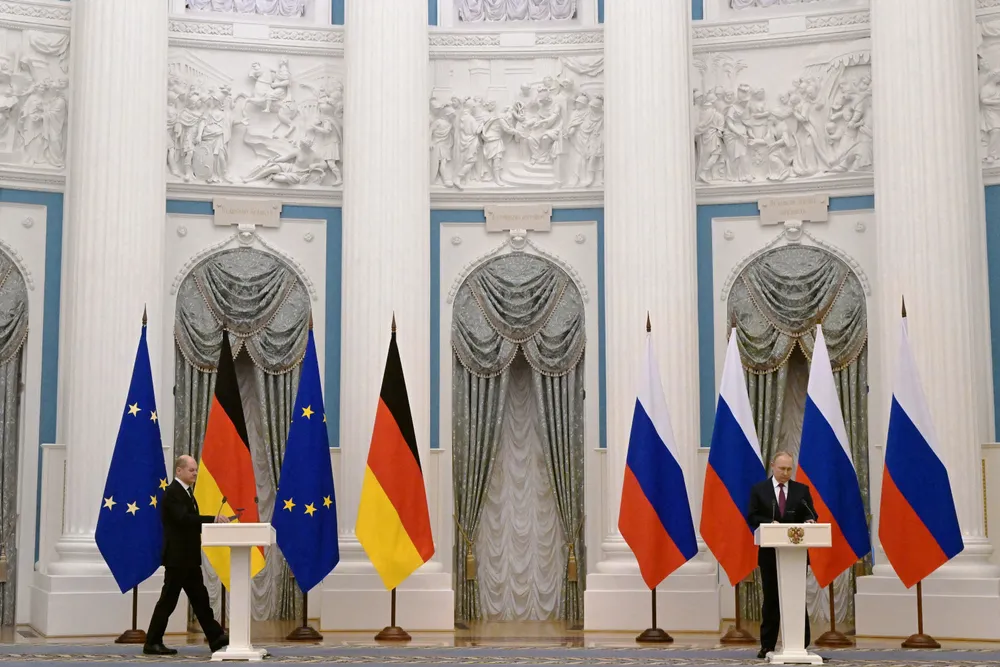Putin tells Germans Nord Stream 2 will bring ‘cheap gas’ to Europe
Russian leader lures Germany with promise of cheap gas as the US and allies prepare action against the pipeline project

Russian leader lures Germany with promise of cheap gas as the US and allies prepare action against the pipeline project
